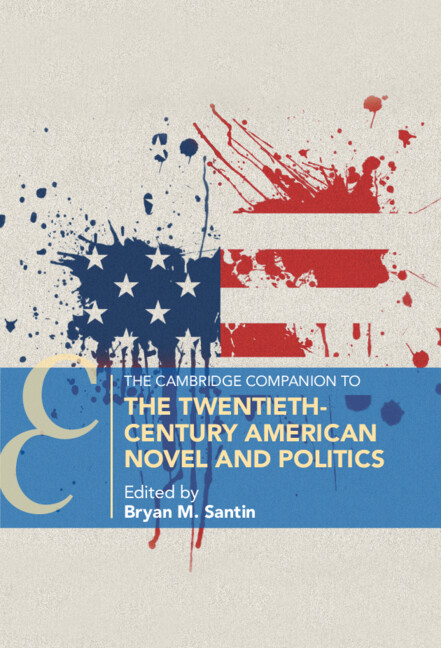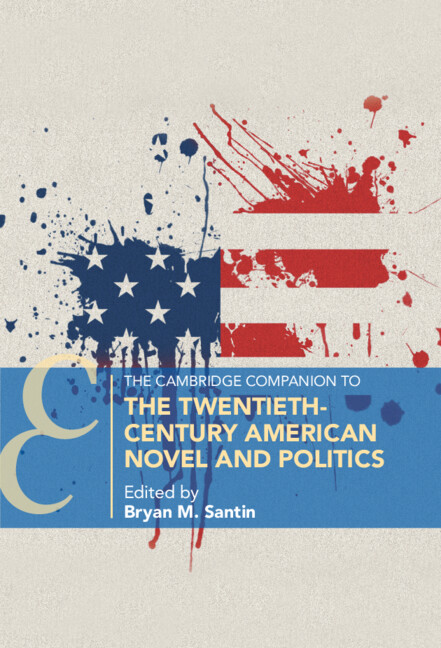Credit Culture
This book offers a new reading of the relationship between money, culture and literature in America in the 1970s. The gold standard ended at the start of this decade, a moment which is routinely treated as a catalyst for the era of postmodern abstraction. This book provides an alternative narrative, one that traces the racialized and gendered histories of credit offered by the intertextual narratives of writers such as E.L Doctorow, Toni Morrison, Marilyn French, William Gaddis, Thomas Pynchon and Don De Lillo. It argues that money in the 1970s is better read through a narrative of political consolidation than formal rupture as these histories foreground the closing down, rather than opening up, of serious debates about what American money should be and who it should serve. These novels and this moment remain important because they alert us to imagine the alternative histories of credit that were imaginatively proposed but never realized.
- Offers a new account of the postmodern novel's relationship to economics, one that re-historicises the material contexts of the form
- Shows the novel critically represented the relationship between race, gender and class and the function of credit in twentieth century America
- Offers an interdisciplinary reading of the different forms of credit that proliferated in twentieth century America, including not only state, consumer and corporate credit but also the alternative forms of credit imagined by co-operate and political groups
Product details
July 2020Hardback
9781108836470
280 pages
235 × 158 × 18 mm
0.48kg
Available
Table of Contents
- Introduction
- Money in the disciplines
- postmodern times: E.L Doctorow's Ragtime
- 1. No place like home: the cultures of American credit
- 2. Don Delillo and American credit
- 3. William Gaddis and corporate credit
- 4. When women counted: feminism, fiction and the money economy
- 5. Toni Morrison and the promise to pay
- 6. Dorothy's endless return: sacrifice and gender in the novels of Thomas Pynchon.




